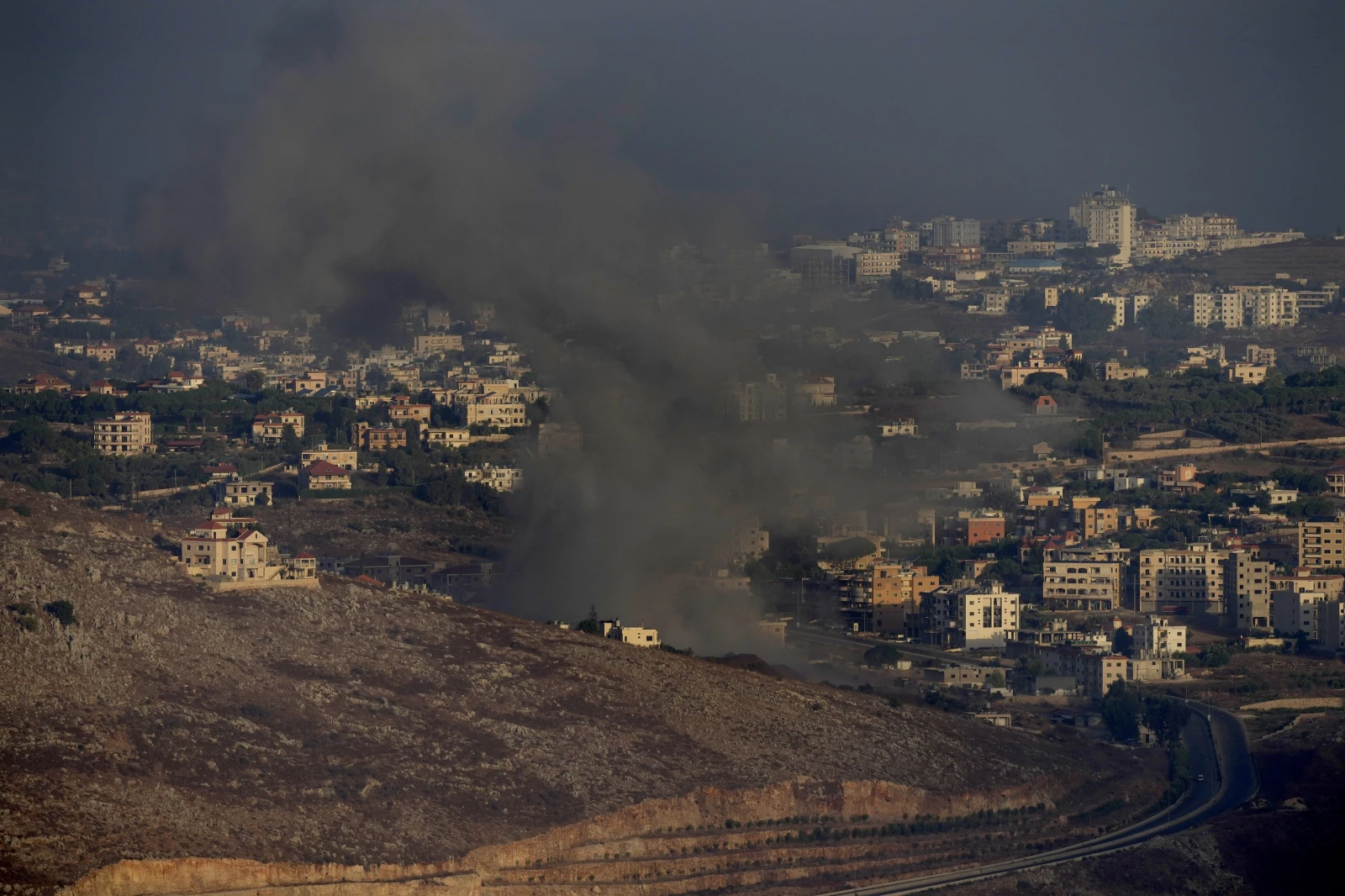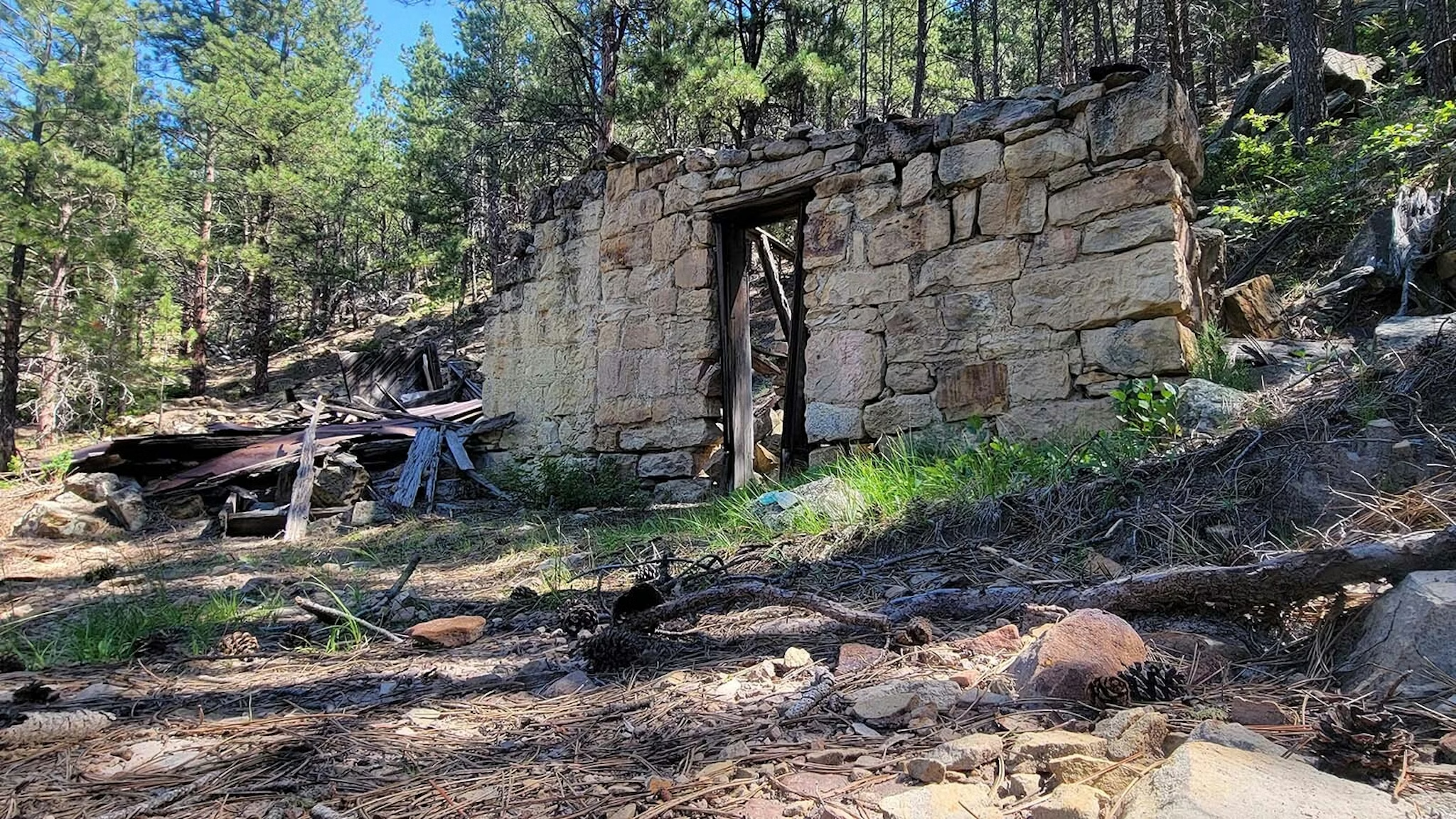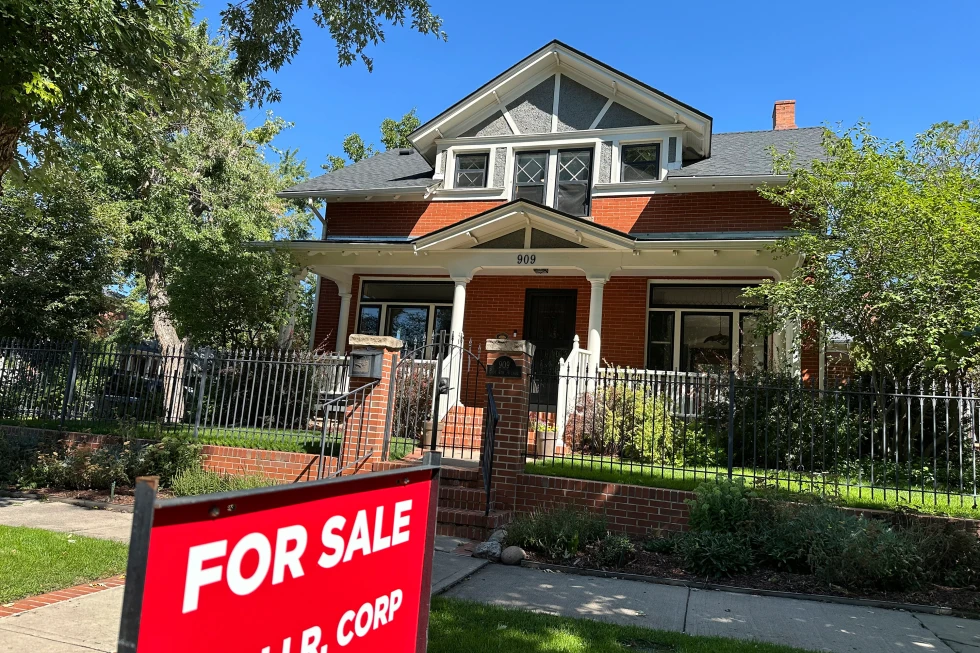Israeli Strikes Kill Hundreds in Lebanon, Prompting Mass Evacuations

A massive Israeli air campaign targeting Hezbollah strongholds across Lebanon has resulted in more than 490 fatalities, including over 90 of women and children, The Associated Press reports, citing Lebanese authorities.
The strikes represent the deadliest single-day incident since the 2006 Israel-Hezbollah war and have triggered a mass exodus from southern Lebanon.
The Lebanese Health Ministry confirmed 492 deaths and 1,645 injuries, describing the situation as “staggering” in the aftermath of last week’s deadly attack on communication devices. The toll comes amidst ongoing tensions and escalating violence between Israel and Hezbollah, which has been engaged in a steady exchange of fire since last October.
In a pre-recorded message, Israeli Prime Minister Benjamin Netanyahu urged Lebanese civilians to heed warnings and evacuate the targeted areas.
“Take this warning seriously,” he urged, amidst reports of thousands fleeing southern Lebanon, clogging the main highway out of the port city of Sidon and heading towards Beirut in the largest exodus since 2006.
Israeli military spokesperson, Brig. Gen. Daniel Hagari, claimed Monday’s airstrikes had inflicted significant damage on Hezbollah infrastructure. He refused to provide a timeline for the operation but warned that Israel was prepared to launch a ground invasion of Lebanon if deemed necessary.
Hezbollah, on the other hand, has launched some 9,000 rockets and drones into Israel since October, including 250 on Monday alone. The group has retaliated with attacks on Israeli military bases and facilities belonging to the Rafael defense firm.
Monday’s airstrikes targeted residential areas in the south and the eastern Bekaa Valley, including the forested region near Byblos, over 80 miles from the border. Israel has stated that it is expanding operations to include areas along Lebanon’s eastern border with Syria, where Hezbollah has a significant presence.
Lt. Gen. Herzi Halevi, Israel’s military chief, stated that the strikes were “proactive” and aimed at dismantling Hezbollah infrastructure built over the past 20 years. He indicated that the Israeli military is preparing for “next phases” of operations against the group.
The Lebanese government has ordered schools and universities to close across most of the country and is setting up shelters for displaced individuals. Medical facilities have been damaged in the strikes, including hospitals, medical centers, and ambulances, according to Lebanese Health Minister Firass Abiad.
The escalation of violence comes after a particularly heavy exchange of fire on Sunday, where Hezbollah launched around 150 rockets, missiles, and drones into northern Israel in retaliation for strikes that killed a top commander and dozens of Hezbollah fighters.
Amidst the escalating violence between Israel and Hezbollah in Lebanon, the US and numerous other countries are reportedly seeking to de-escalate the situation and prevent a full-blown war. A State Department official, speaking on condition of anonymity, revealed that the US has “concrete ideas” for restoring calm, which it will present to allies and partners at the upcoming UN General Assembly.
While the specific “concrete ideas” remain undisclosed as they are yet to be “stress tested” for their effectiveness, the US is keen on presenting an “off-ramp” for both sides to de-escalate the tensions.
Meanwhile, UN peacekeeping forces in southern Lebanon have suspended their patrols and are staying in their bases due to the intense exchange of fire. UN Secretary-General António Guterres has expressed alarm at the escalating violence and the high number of civilian casualties reported in Lebanon.
Monday’s death toll surpassed the devastating Beirut port explosion in 2020. The Lebanese Health Ministry has requested hospitals in southern Lebanon and the eastern Bekaa Valley to postpone non-urgent surgeries to focus on treating the wounded.
The Biden administration has expressed concern over the situation, emphasizing the need for a ceasefire agreement between Israel and Gaza as a crucial step in easing tensions in the region. Israel, accusing Hezbollah of establishing militant bases within civilian communities in southern Lebanon, has vowed to intensify its bombing campaign, potentially targeting hidden rocket launchers and other infrastructure.









The latest news in your social feeds
Subscribe to our social media platforms to stay tuned